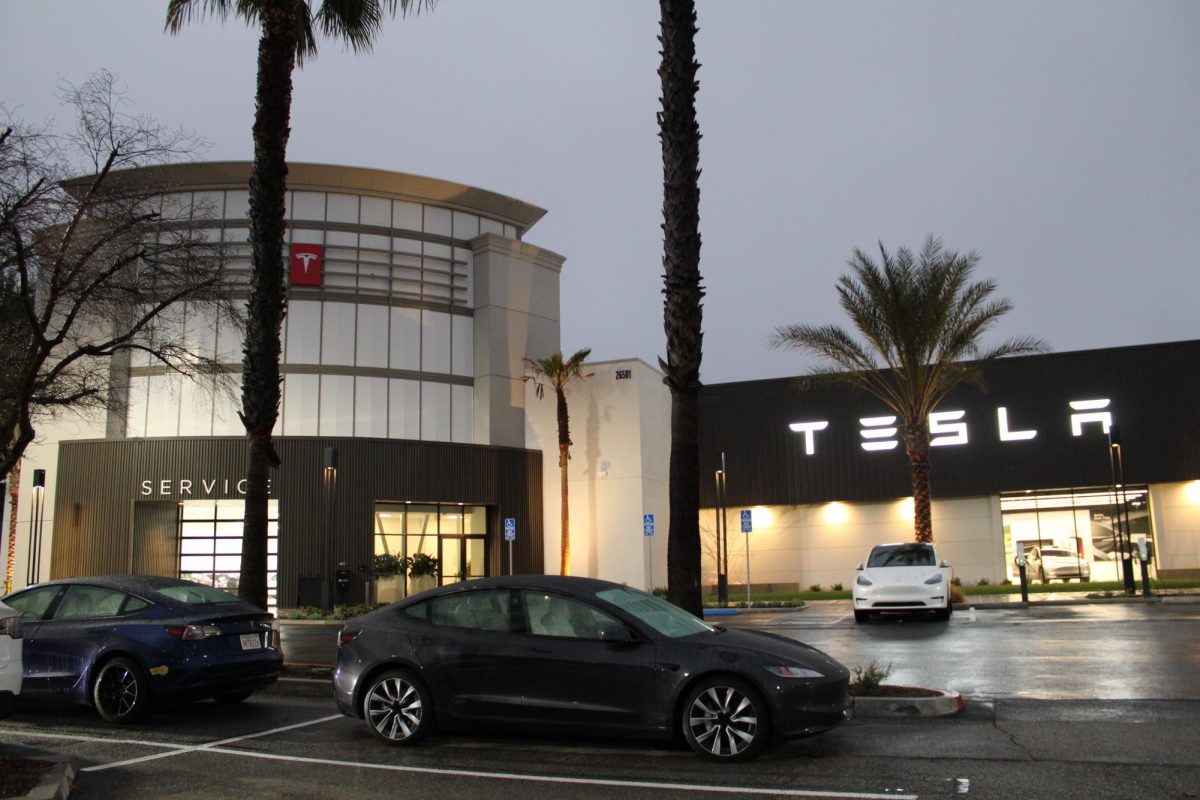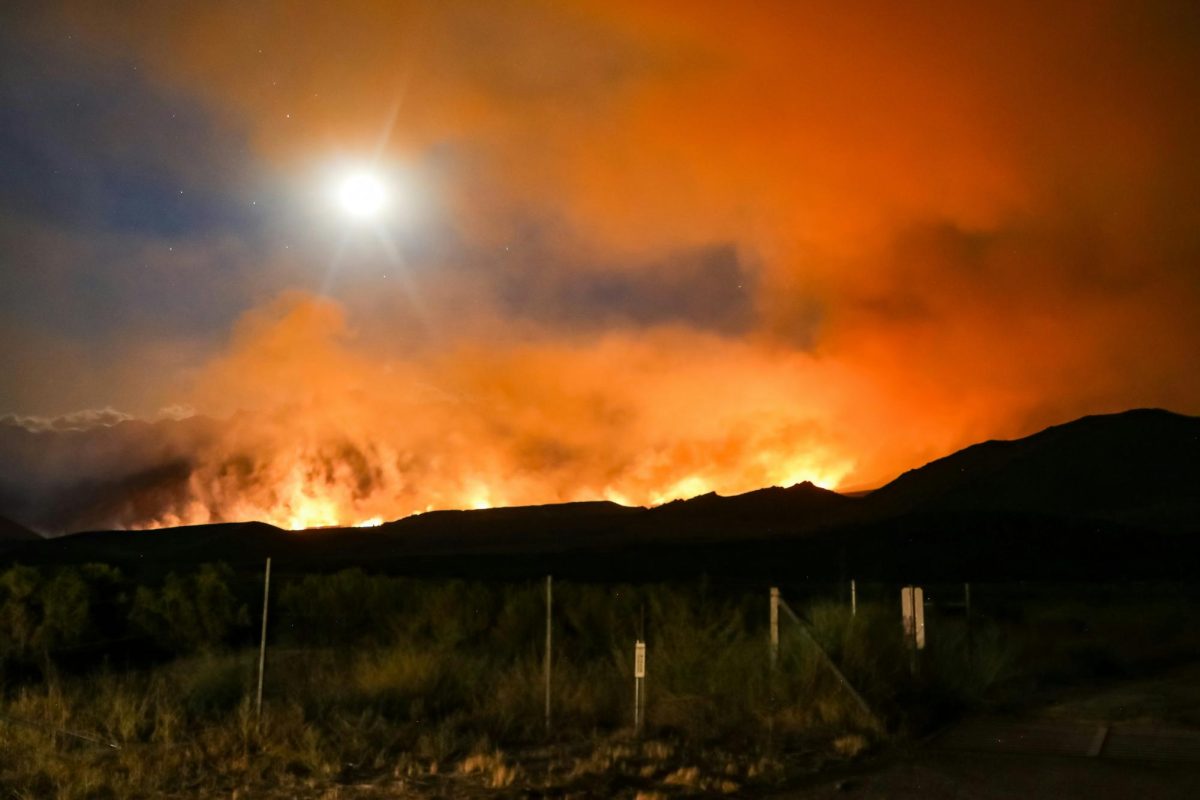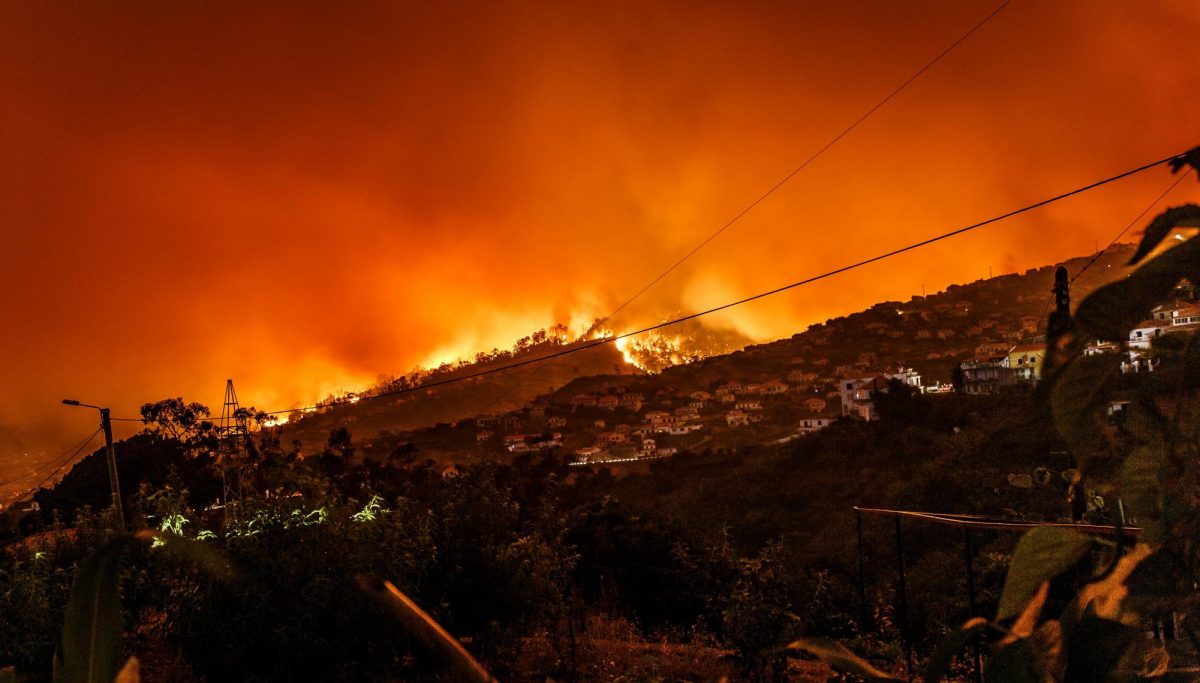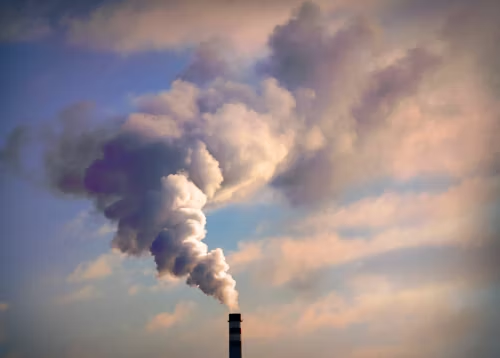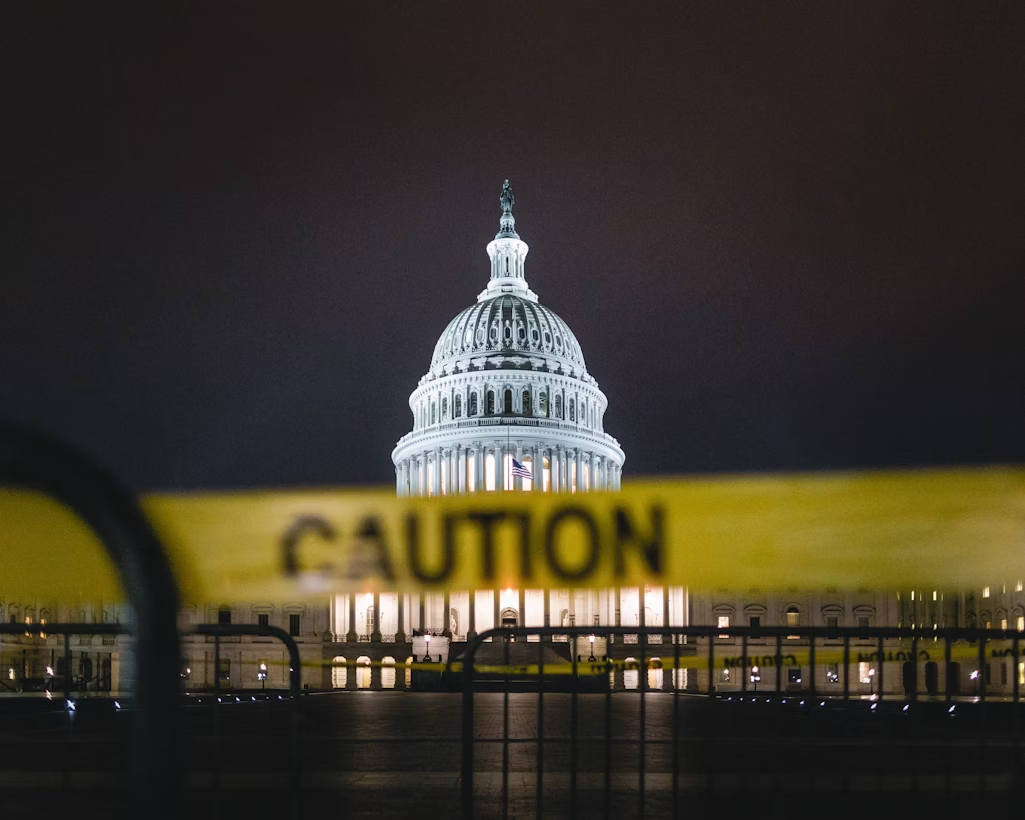As the 2024 U.S. Presidential Election nears, the race between Vice President Kamala Harris and former President Donald Trump is shaping up to be one of the most consequential in recent history. Both candidates represent starkly different visions for the country’s future.
Harris, representing the Democratic Party, focuses on continuing the progressive policies of the Biden administration, with priorities such as economic recovery through investments in green energy, healthcare expansion, and addressing racial and gender inequalities.
Trump, on the Republican side, is seeking a political comeback, campaigning on promises to reverse Biden-era regulations, implement stricter immigration controls, and focus on a populist, “America First” agenda that prioritizes deregulation and a return to traditional conservative values.
This election is in an environment marked by deep political divisions, with economic challenges, healthcare reform and the climate crisis dominating debates. Inflation, job creation, and the state of global trade are critical issues as the country continues to recover from the economic disruptions caused by the COVID-19 pandemic.
Trump argues that his previous administration laid the groundwork for economic revival through tax cuts and deregulation, while Harris emphasizes the need for continued government intervention to protect workers, invest in infrastructure and address climate change.
When asked of Soushia Moghadam (12), he affirmed “While Trump is strong-willed, Kamala is a better candidate for President because she doesn’t consider the United States as just a business while Trump does.”
Climate action has become a central topic, with Harris advocating aggressive environmental policies to meet international climate goals. She proposes substantial federal investments in renewable energy, clean technology and green jobs, arguing that these initiatives are essential for long-term economic stability and environmental sustainability.
Trump, in contrast, has criticized these policies as harmful to American industries, particularly manufacturing and energy, advocating instead for expanding fossil fuel production and loosening environmental regulations.
Immigration also remains a contentious issue. Trump has called for stricter immigration policies, including resuming construction on the U.S.-Mexico border wall and increasing deportations of undocumented immigrants. Harris has advocated for a more compassionate approach, focusing on immigration reform that includes a pathway to citizenship for Dreamers and undocumented immigrants contributing to the U.S. economy, while also addressing the root causes of migration.
When asked Mr. Chapman, one of the U.S. History teachers at Aliso Niguel High School, argued that “I completely see it ridiculous in how our government wants to establish a rule in allowing non-citizens to vote in the elections.”
He also claimed, “Our state needs someone who can run it with the confidence of not having to worry about looking over their shoulders.”
Another key demographic in this election is young voters, particularly college students. Issues like climate change, student debt and social justice have driven high levels of engagement among young people. Many see this election as a critical moment to address systemic issues that will affect their futures.
Polls suggest that younger voters are leaning toward Harris, whose platform aligns more closely with their concerns about climate and social inequality, though Trump maintains significant support among younger conservatives, particularly those concerned with economic freedom and national security.
With the election fast approaching, both campaigns focus on mobilizing their respective bases while appealing to undecided voters in key battleground states. The outcome will not only determine the next president but also shape the country’s direction on key issues for years to come.
In such a divided political climate, the stakes are high, and many anticipate that the final result could once again hinge on narrow margins in a few pivotal states. This election will likely test the resilience of American democracy, as both sides prepare for what could be a confrontational post-election period if results are contested.




